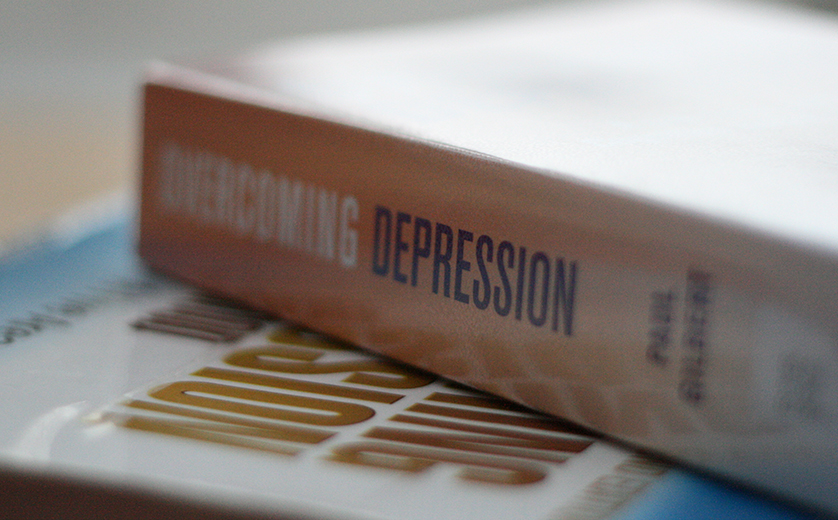The latest post-master’s certificate from the Brown School combines the school’s expertise in social work and public health to offer participants immersive and holistic training in recognizing depression and applying effective interventions.
Evidence-Based Assessment & Treatment of Depression in Adults will prepare mental health professionals and other providers with evidence-based skills, using a case-based teaching approach. The program, which takes place over seven days from May to July , will give participants tools to address a range of scenarios while approaching clients with sensitivity to their context and environment.
The course will be led by an instructional team that includes Darrell Hudson, an associate professor at the Brown School who has studied health disparities and depression among African Americans; and Ryan Lindsay, an associate professor of practice whose career has focused on training new and experienced providers in evidence-based treatments.
Students will develop strong knowledge and skills around evidenced-based assessment of depression and three interventions, including Interpersonal Pychotherapy, Cognitive Behavioral Therapy and Acceptance and Commitment Therapy. The training will also include information on how social factors, like race, poverty and culture relate to mental health and can affect the onset of depression.
“We’re going to look at how the social determinants of health influence people’s experiences with depression, as well as what protects us against depression or maintains it,” Lindsay said.
“Clinicians sometimes have a difficult time recognizing depression,” Hudson added. “Just because people don’t complain about being sad doesn’t mean they don’t have it; their culture may not view giving voice to those feelings as appropriate.”
Hudson believes that stress in the context of a client’s life is critically important to understand.
“We’re asking people to make health-behavior changes in their life when they’re already stressed to the max,” he said. “It helps to know the context people are embedded in, and the natural resiliency factors embedded with people and their networks that can help.”
About the Program and How to Apply
This program is intended for individuals who already hold a master’s degree in a mental health-related field and have a demonstrated interest in increasing their effectiveness treating adults experiencing symptoms of depression. Geared to health-care providers, it would also be appropriate for community health workers, supervisors, or professional clergy.
The program begins on May 11; applications will be accepted through April 12, 2019. Apply now or learn more.
